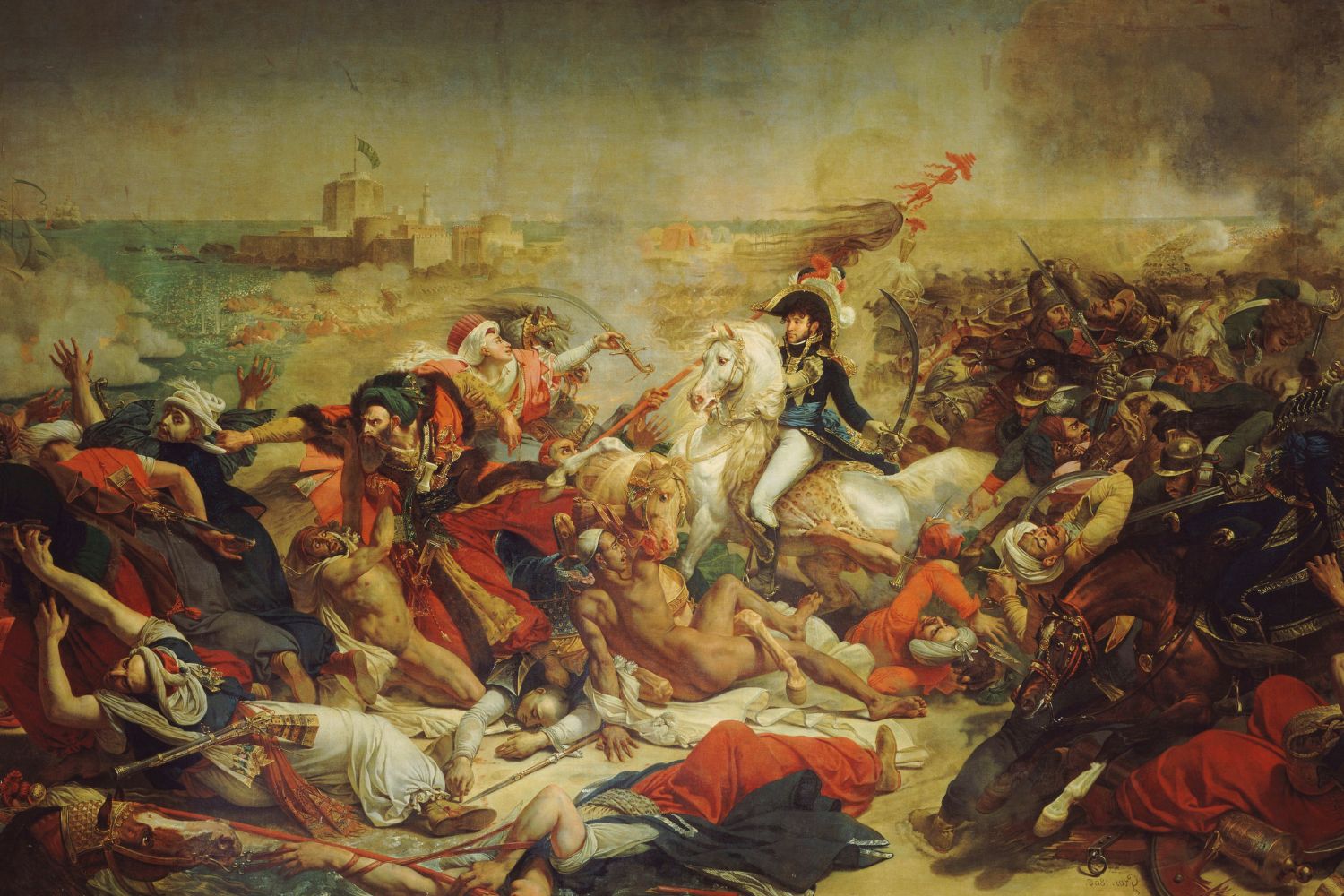
The Anglo-Turkish War, a conflict often overshadowed by larger historical events, holds a treasure trove of intriguing facts. Did you know this war, fought between the British Empire and the Ottoman Empire, spanned from 1807 to 1809? Why did these two powerful empires clash? The reasons are rooted in a mix of geopolitical strategies, alliances, and territorial ambitions. This war saw naval battles, diplomatic maneuvers, and even a siege. What was the outcome? Surprisingly, it ended with the Treaty of the Dardanelles, restoring peace without significant territorial changes. Dive into these 30 fascinating facts to uncover more about this lesser-known yet pivotal conflict.
Key Takeaways:
- The Anglo-Turkish War took place from 1807 to 1809 as part of the Napoleonic Wars. It was a naval conflict between Britain and the Ottoman Empire, with significant impacts on both sides.
- The war showcased the importance of naval power and influenced future British-Ottoman relations. It also exposed weaknesses in the Ottoman Empire, contributing to its eventual decline.
Origins of the Anglo-Turkish War
The Anglo-Turkish War, a lesser-known conflict, holds significant historical importance. Let's delve into some intriguing facts about this war.
-
The Anglo-Turkish War took place between 1807 and 1809. It was part of the larger Napoleonic Wars.
-
The conflict began when Britain declared war on the Ottoman Empire. This was due to the Ottomans aligning with France.
-
The British aimed to secure their Mediterranean interests. They feared French influence in the region.
-
The Ottomans were under Sultan Selim III's rule. He sought to modernize the empire's military.
-
The war was primarily naval. Both sides engaged in several sea battles.
Key Battles and Events
Several key battles and events shaped the course of the Anglo-Turkish War. Here are some notable ones.
-
The Battle of the Dardanelles took place in 1807. The British fleet attempted to force the strait but faced heavy resistance.
-
The British captured Alexandria in 1807. This was a strategic move to control Egypt.
-
The Ottomans launched a counterattack to reclaim Alexandria. However, they were unsuccessful.
-
The British blockade of the Dardanelles was a significant strategy. It aimed to cut off Ottoman supplies.
-
The Treaty of the Dardanelles ended the conflict in 1809. Both sides agreed to cease hostilities.
Impact on the Ottoman Empire
The war had lasting effects on the Ottoman Empire. Let's explore some of these impacts.
-
Sultan Selim III's modernization efforts were disrupted. The war diverted resources and attention.
-
The conflict exposed weaknesses in the Ottoman navy. This led to further military reforms.
-
The war strained the Ottoman economy. The cost of the conflict was significant.
-
The Ottomans' alliance with France weakened. They realized the need for a more balanced foreign policy.
-
The Treaty of the Dardanelles restored peace. However, it did not resolve underlying tensions.
British Strategies and Tactics
The British employed various strategies and tactics during the war. Here are some key points.
-
The British navy played a crucial role. They aimed to dominate the Mediterranean Sea.
-
Blockades were a common tactic. The British sought to cut off Ottoman trade routes.
-
The capture of Alexandria was a strategic move. It provided a base for British operations.
-
Diplomatic efforts were also important. The British sought to isolate the Ottomans from their allies.
-
The British used superior naval technology. This gave them an edge in sea battles.
Aftermath and Legacy
The aftermath of the Anglo-Turkish War left a lasting legacy. Here are some important aspects.
-
The war highlighted the importance of naval power. Both sides recognized the need for strong fleets.
-
The conflict influenced future British-Ottoman relations. They remained cautious of each other.
-
The war contributed to the decline of the Ottoman Empire. It exposed vulnerabilities that would be exploited later.
-
The Treaty of the Dardanelles set a precedent. It showed that diplomacy could end conflicts.
-
The war is often overshadowed by larger conflicts. However, it played a crucial role in shaping Mediterranean politics.
Interesting Tidbits
Here are some lesser-known facts about the Anglo-Turkish War that might surprise you.
-
The British fleet included several famous ships. HMS Canopus and HMS Royal George were among them.
-
The Ottomans used innovative tactics. They employed fire ships to attack the British fleet.
-
The war saw the use of early steam-powered ships. These were experimental but showed future potential.
-
The conflict inspired literature and art. Several works depicted the dramatic sea battles.
-
The Anglo-Turkish War remains a topic of study. Historians continue to uncover new details about this fascinating conflict.
Final Glimpse at the Anglo-Turkish War
The Anglo-Turkish War was a pivotal moment in history. It shaped the political landscape of Europe and the Middle East. This conflict, often overshadowed by larger wars, had significant consequences. It influenced alliances, trade routes, and territorial boundaries. The war also highlighted the strategic importance of the Mediterranean region. Understanding these facts helps us appreciate the complexities of historical events. It reminds us that even lesser-known wars can have lasting impacts. By studying the Anglo-Turkish War, we gain insights into the broader context of global politics. This knowledge enriches our understanding of the past and informs our perspective on current events. So, next time you think about history, remember the Anglo-Turkish War and its enduring legacy.
Frequently Asked Questions
Was this page helpful?
Our commitment to delivering trustworthy and engaging content is at the heart of what we do. Each fact on our site is contributed by real users like you, bringing a wealth of diverse insights and information. To ensure the highest standards of accuracy and reliability, our dedicated editors meticulously review each submission. This process guarantees that the facts we share are not only fascinating but also credible. Trust in our commitment to quality and authenticity as you explore and learn with us.
